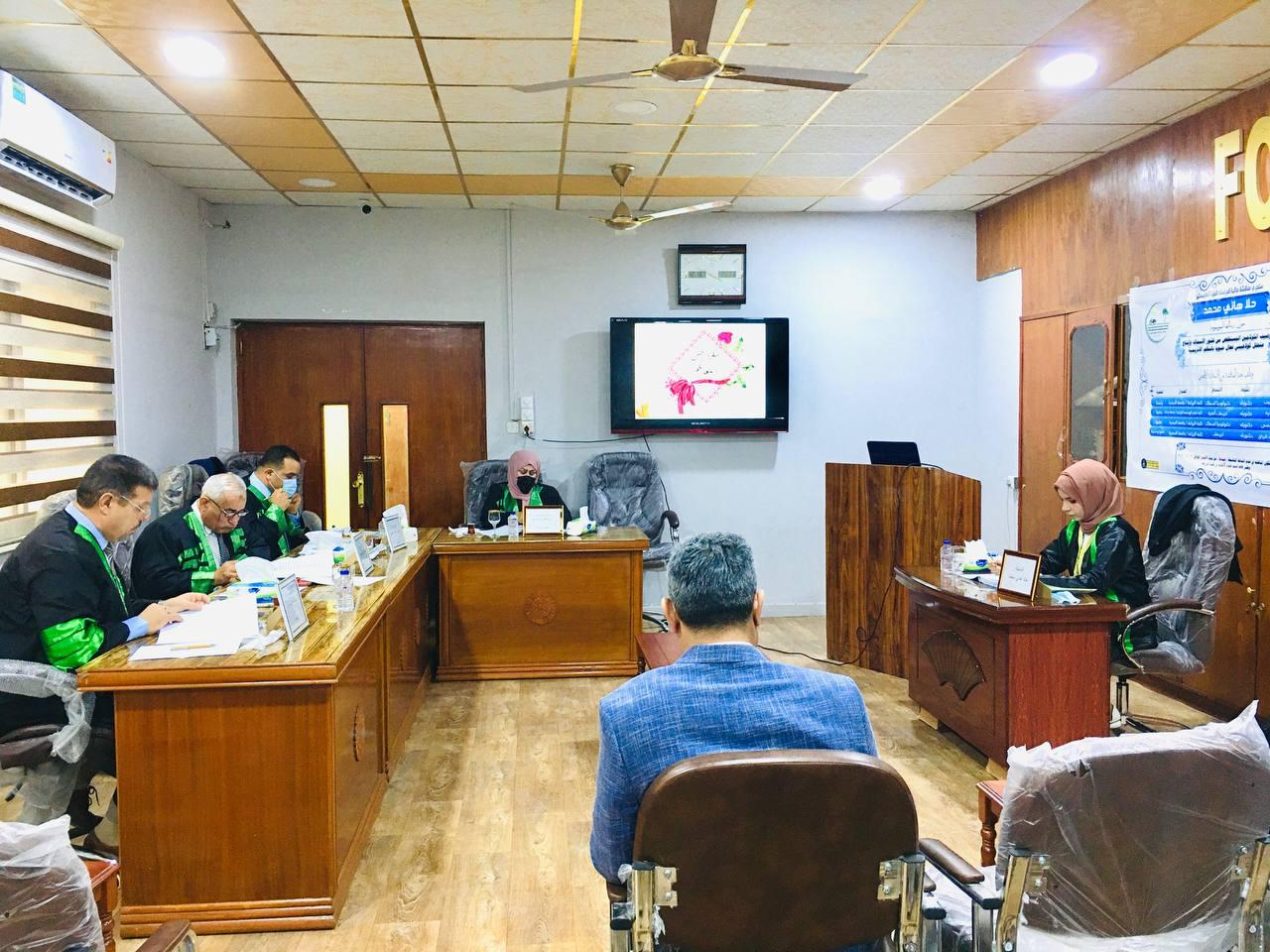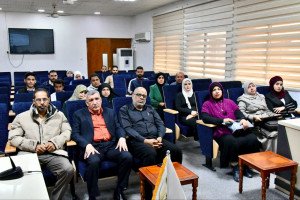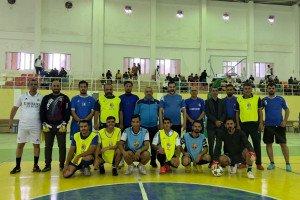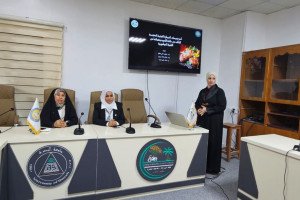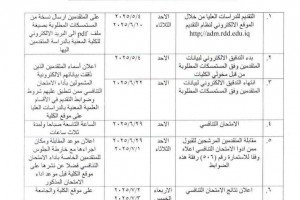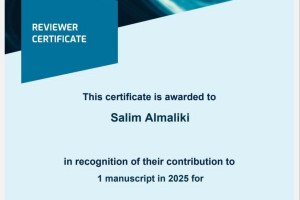
A master’s thesis in the Department of Food Sciences, College of Agriculture, University of Basrah discussed (Characterization of collagen extracted from fish scales and the production of bioactive hydrolyzed collagen by enzymatic systems) under the supervision of (Prof. Chemical composition of the scales of two types of river fish, common carp, grass carp and two types of sea fish, shank and bride fish, extraction procedure by chemical and enzymatic methods, calculating the percentage of yield, preparing collagenases using enzymes alone, Collagenase, Pepsin, Trypsin, Collagenase + Pepsin + and Collagenase + anti-oxidant enzymes. The decomposers were analyzed using DPPH, reducing force, ferrous ion binding ability, collagen and hydrolysed by electrophoresis technique, infrared spectroscopy, and amino acid content estimation using Amino Acid Analyzer. The results showed a high percentage of collagen yield when extracted by chemical method compared to the enzymatic method, and the superiority of common carp scales in the percentage of yield over the rest of the species. The results also showed the superiority of the sequential enzyme Collagenase + Pepsin in the degree of decomposition and gave the highest effectiveness as an antioxidant and good functional properties in terms of emulsifying activity and foaming index. And the linkage of fat and water and effectiveness in reducing the peroxide number and the percentage of free fatty acids and TBA for decomposition-treated beef pellets during storage periods. The results recommended the exploitation of other types of waste represented by fish scales and studying the possibility of producing materials of high commercial value and contributing to reducing pollution resulting from these wastes, and the possibility of introducing collagen decomposers in food and pharmaceutical applications and providing modern devices for collagen production on a commercial scale because of its good economic return.
